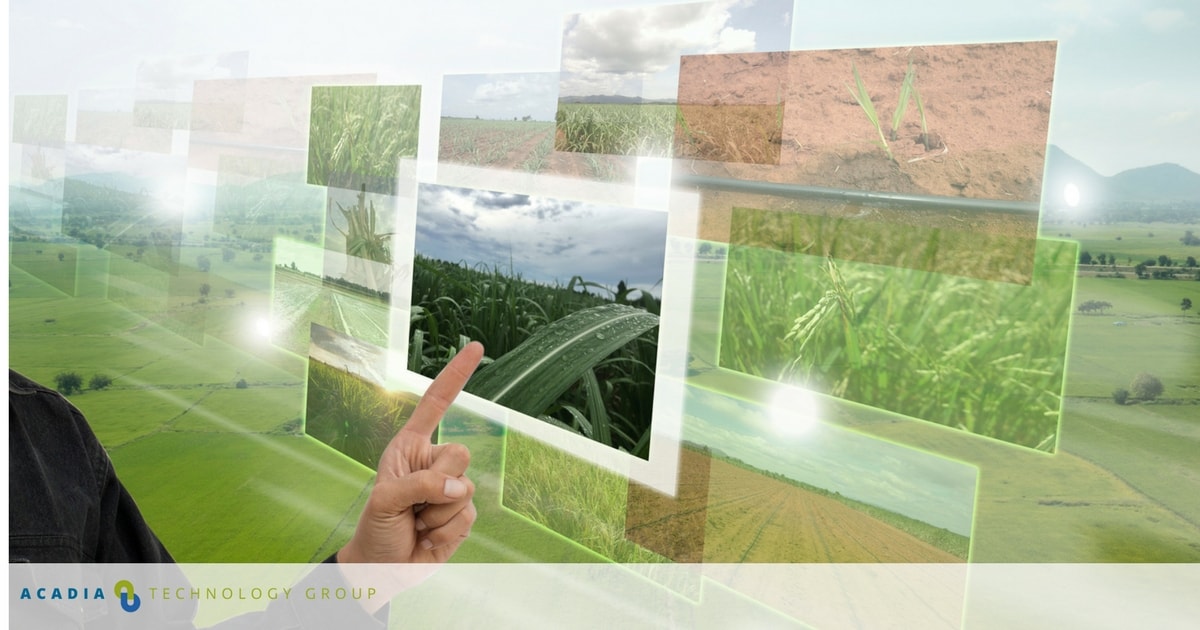
In the digital age, advances in connectivity and cloud computing are creating real value from an enormous amount of data collected from a world of ubiquitous sensing. While the incorporation of the Internet of Things (IoT) is expected within the digital enterprise space, its emergence within non-digitized industries has been revolutionary.
From agriculture to manufacturing to transportation, IoT is changing how businesses across industries operate. These traditional industries are now able to take advantage of technologies to sense, measure, interpret, and connect in a manner that adds real value to their endeavor.
What’s IoT?
IoT can be described as a system of interrelated mechanical and digital machines, computing devices, objects, people, and even animals that are provided with unique identifiers and the ability to transfer data over a network without any need for human-to-human or human-to-computer interaction.
This means that every industry can reap significant benefits from IoT solutions by becoming smarter. What’s more, it will become a critical component to staying relevant in the years to come.
Smart Agriculture
IoT has taken over the world of agriculture in a big way! With the help of this technology, farmers are now able to collect valuable and actionable data about their crops and livestock in multiple different ways.
For example, industry giant John Deere has implemented sensors in their tractors to connect them to the internet to enable farmers seamless access to data about their crop yields. By deriving valuable insights from this information, farmers are able to better understand the best times to plant crops to optimize their yields.
According to Beecham Research, IoT has the potential to effectively respond to the challenge of increasing food production by 70% by 2050. Furthermore, according to BI Intelligence, IoT within the agriculture industry is expected to grow to 75 million by 2020.
Smart Manufacturing
Just like agriculture, the manufacturing industry is also being transformed significantly by IoT. In fact, research suggests that manufacturers around the world will invest up to $70 billion in IoT solutions by 2020.
IoT within the manufacturing space generally means adding sensors on factory equipment to better track assets and collect data on the performance of the machinery and related systems.
This phenomenon can be attributed to the fact that manufacturers across all sectors want to benefit from improved productivity and efficiency by connecting their operations.
This approach provides factory operators with a unique opportunity to not only see if a piece of machinery needs to be repaired but also deep insights into making their entire system function more efficiently.
Smart Transportation
IoT in transport has enhanced business operations beyond public transit and supply chain logistics. Today, companies are able to ensure goods, especially perishables like food, arrive as intended.
They are able to achieve this by connecting shipping vesicles with sensors to continuously monitor the temperature in real-time.
Additionally, smart software and sensors can also be used on public buses and semi-trucks to collect data to improve fuel efficiency. Furthermore, IoT solutions can also be implemented to monitor safe driving as well as predicting repair needs in real-time.
In the not too distant future, you can also expect a connected infrastructure with connected vehicles to work in tandem to help minimize accidents and to help reduce traffic.
Interested in learning more about IoT solutions for your business? Contact us today and schedule a consultation with an Acadia technology specialist.
